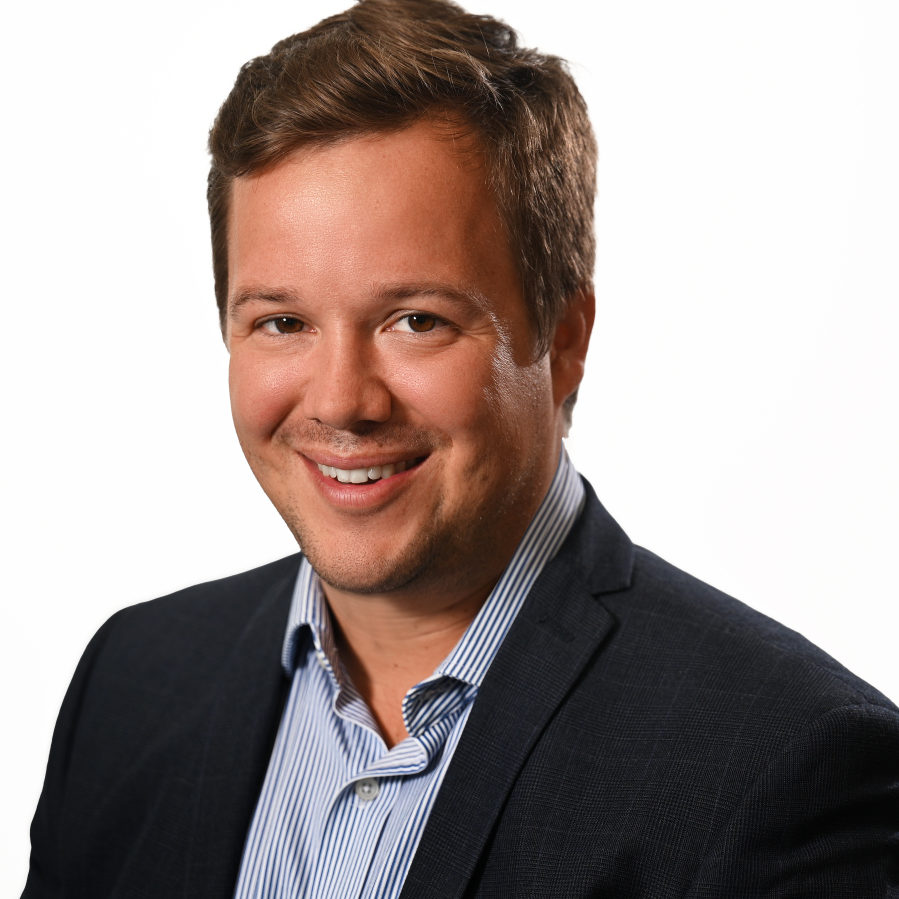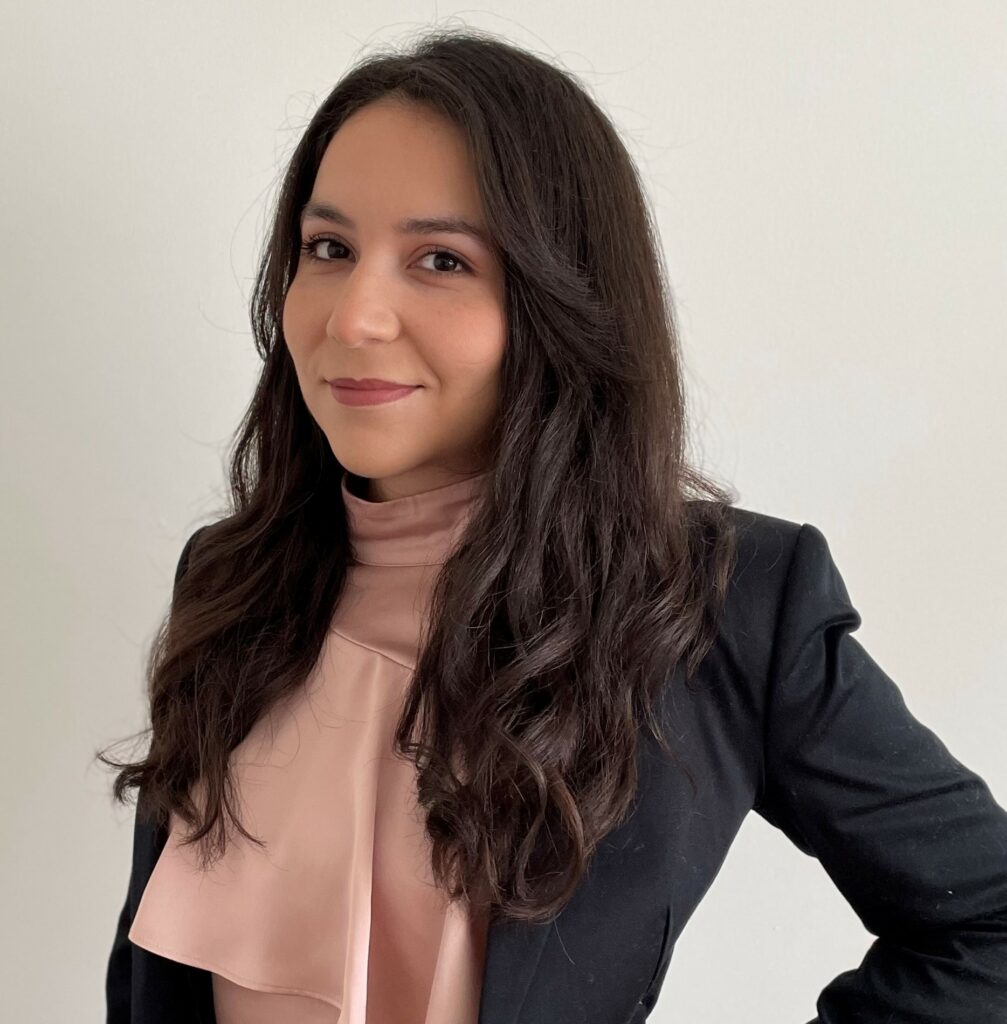
The Evolution of Radio Access Networks: Disaggregation, Open RAN and 6G
Overview
The Radio Access Network (RAN) is a key component of mobile operators’ infrastructure, as it provides the coverage and capacity necessary for subscribers to access voice and data services.
Motivated by the convergence of several technical, commercial and geopolitical factors, mobile network operators have been investigating and supporting a shift towards the use of virtualisation, disaggregation and open interfaces in the RAN. The hope is that opening up proprietary elements and interfaces in the RAN will increase competition in the telecoms equipment market by encouraging new, innovative vendors to enter the market.
This course examines the issues around a shift towards an open and disaggregated RAN, looks at alliances and initiatives in the Open RAN movement and examines the impact that these industry headwinds will have on the development of the 6G standard.
Course Objectives
- Understand the fundamentals of open, virtualised and disaggregated RAN
- Understand the ramifications – in terms of standards, deployment, network management, security and use cases – of a move to towards Open RAN
- Become knowledgeable about the challenges associated with current open and virtualised approaches to the RAN
- Have insights into the geopolitical drivers for open interfaces and supply chain diversification in the mobile telecoms equipment market
- Understand the policy and regulatory enablers for these new approaches to the RAN
Course Enrolment Criteria
This course is open to:
- Regulators
- Policymakers
- Representatives from academia and international organisations working on regulatory or policy issues
We cannot accept applications from individuals working in the private sector or those not involved in policy or regulation.
Course Completion Certificates
All our courses are certified by the United Kingdom Telecoms Academy (UKTA) and accredited for Continuing Professional Development (CPD).

This course equates to 13 hours of CPD training.
To qualify for a course completion certificate, you must view all the course sessions and answer correctly all the quiz questions you will find as you progress through the sessions. You will also need to fill out the course survey.
You do not have to complete a final project to earn a course completion certificate but we strongly encourage you to create one. Putting together a final project will give you an opportunity to reflect on the principles covered during the course and help you discover how they could be applied to your own country. If you submit a final project the course trainer will provide you with valuable feedback that you may find useful in your day-to-day work.
Course Structure and Study Time
The course consists of eight sessions and you will gain access to all of them on the course start date. You will have the opportunity to ask questions about the content of the course during two live chat sessions as well as on the course forum.
It should not take you more than two to three hours of study time per week to complete the course in four weeks. You will have, however, seven weeks to complete it. If after seven weeks you have not completed the course, you will have to start it again next time it is offered.
If you decide to submit a final project, it will probably take you four to six hours to put it together. You will have seven weeks to submit your final project.
If you have any special needs regarding this training course, please us let us know via our contact form so we can get in touch to discuss how your needs can be met.
Enrol now
